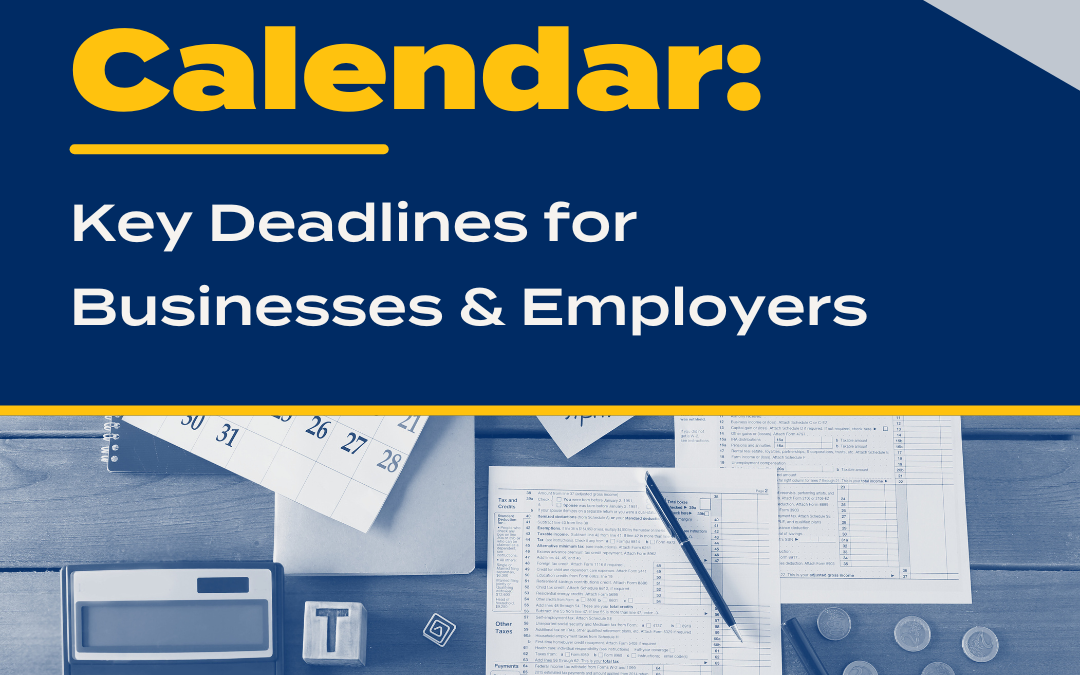When a young person gets a job for the first time, it amazes them how much comes off in taxes. They make $10 per hour and work 20 hours per week. They expect to get a $200 paycheck, but instead they only get $150 after taxes. Today, I want to talk about payroll taxes and how taking advantage of your employer’s benefits can reduce the tax.
So, just as a base, I want to talk about the four main taxes. And that’s Social Security, Medicare, Federal withholding, and State withholding.
Now, Social Security is basically 6.2% of your wages gets taxed for social security. You pay that amount, your employer pays that amount. – up to $132,900 for 2019. For Medicare it’s about 1.45%. So between the two, you might hear that 7.65% is what your FICA taxes are and that’s made up of Social Security and Medicare. Then of course there’s your Federal and State withholding.
You know Terry, I know you obviously get a payroll, so what kind of other items do you see on your payroll check that maybe we should talk about?
So I know that health, dental and vision insurance could be one of them.
Yeah! And that’s a good one because even though you’re paying those premiums for health, dental, and vision, you actually get those pre-taxed. And pre-taxed means that you don’t pay social security, you don’t pay for Medicare, you don’t pay federal or state taxes. So it’s almost like the government is subsidizing your health insurance, even though it comes from your employer.
Okay, how about retirement plans, like a 401(k)?
Yeah, we’ve talked about this in a lot of different episodes that it’s a good idea to put money into retirement plans. So, if you have a retirement plan and you put money into it off of your check, what you’re saving is the federal and the state taxes. Now you still pay social security and Medicare on that, and the reason being is that when you take it out later on when you retire, you only pay federal and state taxes on that. You don’t pay social security and Medicare because you’ve already paid it.
What about an HSA or a Health Savings Account?
Health savings accounts are very similar to Health and Dental. So, every dollar you have withheld from your check for your Health Savings Account, you save all four taxes. You save the FICA, so the social security and Medicare, you save federal and state taxes. So once again it’s almost like the federal government is subsidizing you.
Do you have to use that money though for health only expenses?
You do. So the caveat is, in order to get that tax-free, when you take it out of your HSA, it has to be used for medical expenses. There is a thing though, where after you retire, after 59 and a half, you can actually take it out and treat it like and IRA and you’re going to pay federal and state taxes on that. Still not FICA and Medicare, but you’re going to pay federal and state taxes at that time.
Or if you use it for a health situation, you’re not paying that.
Correct. Right, if you take it out for a health emergency or something like that or a health bill, then you’re not paying any of those taxes.
So your health insurance bills can come out of your HSA?
That is correct.
What about a cafeteria plan?
Yeah, so a cafeteria plan a lot of times is used for those that don’t have the Health Savings Account. Remember: The Health Savings Account you have to have fairly high deductibles. So the cafeteria plan you don’t. But with that, it’s a use it or lose it system. So in other words if you put $1,000 into your cafeteria plan, you have to use it by the end of the year, or sometimes even a little bit after, or else it’s gone. The employer gets to keep that money, even though it came off of your check but that all comes off without paying the taxes. No social security, Medicare, federal, or state withholding. So there’s advantages and disadvantages.
What about a short-term disability?
Yeah, the short-term disability. A lot of times that comes off without having that after tax money. And the reason being is because most of the time for short and long-term disability, you want to get those benefits and not have them taxable to you when you need them. So especially for long-term disability, you pay for that with after-tax dollars so when you get the benefit later if you need it, you don’t need to pay tax on that income.
Okay, quickly here, what about AFLAC?
AFLAC, life insurance, those kind of things where they just kind of pay you a certain dollar amount, those are normally done with after tax dollars.
Okay, anything else on today’s program that you want to cover?
Yeah, I think just one last thing. There’s things called Accountable Plans, and that’s something where your employer can reimburse you for business mileage, or for meals, or for lodging. Those kind of things are reimbursed to you without any kind of tax consequences to you. The business gets a deduction, but you don’t have to pick up those business miles, meals, or lodging in your income because you’re essentially being reimbursed for them.





